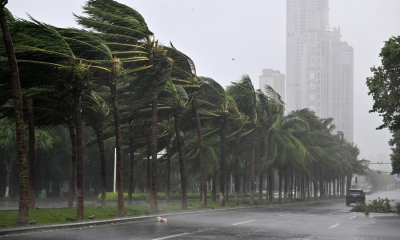The Ukraine Crisis, Another of America’s Wars
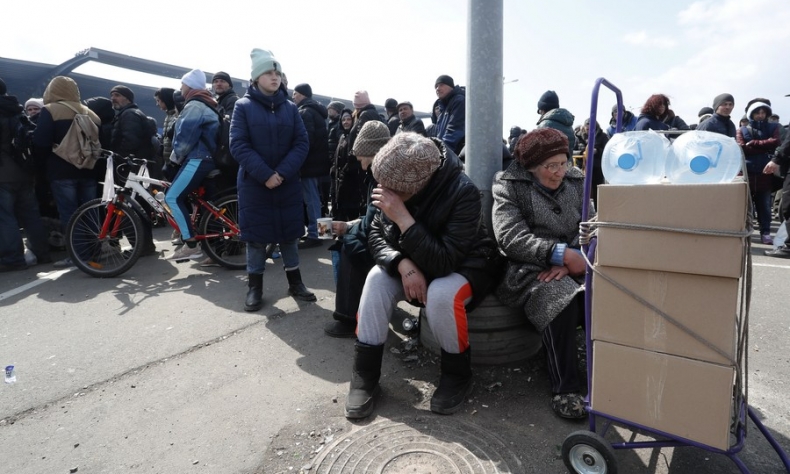
Call it a crisis, a special mission or an undeclared war, the conflict in Ukraine should never have happened. It demonstrates a failure of statecraft and is testimony to a world order that is unfit for purpose.
Imagine life in Ukraine as it was in January 2022. Waking up, a new day has dawned in Kyiv, Mariupol, or Odessa. People flick on electric lights, brew coffee, work in the office or factory, visit shopping malls, and pick children up from school. Today cities lie in ruins, water is cut-off, and food and survival denied. European civilization is reduced to cave dwelling for those lucky enough to remain alive. Over 10,000 people have already died.
Few envisaged that war was still possible in Europe. History, it was thought, would not repeat itself. Humiliating reparations imposed on Germany at the Treaty of Versailles in 1919 hurt ordinary Germans rather than the vanquished leadership. They led to fascism, Hitler, World War II, and the Holocaust. Therefore, victory in 1945 was accompanied by funding for reconstruction. The defeated Axis powers were admitted as full members of the United Nations and, with the development of the European Union, foes became partners in governance.
Lessons had been learned. Peace was preserved for three generations. But not quite. Even before the missiles rained down on Ukraine, at least 62 conflicts had already occurred in Europe since 1945.
European memories are short, and American ones perhaps even shorter. The Cold War ended in 1991 with the dissolution of the Soviet Union and formation of the Russian Federation. While the Russian leader Mikhail Gorbachev observed that “The end of the Cold War is our common victory,” the West claimed it as their own. Capitalism was victorious, while the Soviets were humiliated. It was celebrated as the triumph of American-led foreign policy and the North Atlantic Treaty Organisation (NATO). Lessons had been forgotten.
While the Russian Federation struggled to convert to a market economy, American funds underpinned the transformation of the smaller economies of Eastern Europe that were in time to become members of NATO and the newly formed European Union. The latter entered negotiations with Russia but not for the membership that Russian President Boris Yeltsin had suggested in 1997.
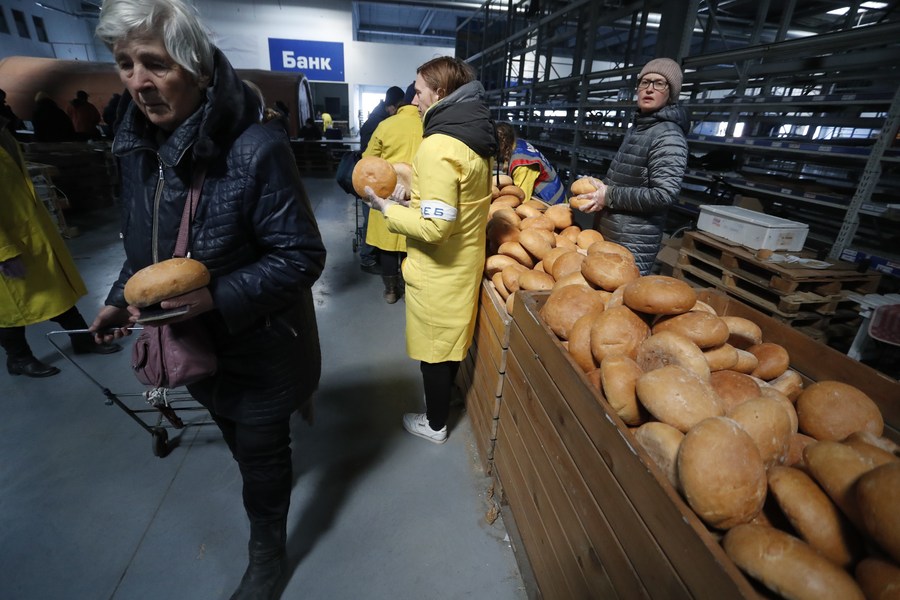
Yeltsin also looked to build a relationship with the United States, even participating in the Euro-Atlantic Partnership Council, a NATO forum intended to promote relations with non-NATO countries. But Yeltsin’s advances were rejected. Instead, the United States established military bases in former Soviet states in Central Asia such as Uzbekistan and Kyrgyzstan. NATO, founded in 1949 to “deter Soviet expansionism,” itself expanded eastwards, well into Russia’s historic sphere of influence recruiting countries like the Czech Republic, Poland, Hungary, Slovakia, Latvia, Lithuania, and Estonia. In 2002, the United States unilaterally abandoned the Anti-Ballistic Missile Treaty.
NATO’s expansion at a time when no country was being threatened and Russia was experimenting with democracy gives lie to the presumption that the Cold War was purely ideological. Instead, it was primarily about maintaining American hegemony. America saw Russia, the world’s largest country and rich in resources, as a competitor and as an adversary. Whether Russia was communist or democratic was immaterial; its advance had to be halted. Only the rhetoric changed after 1991, the policy of containment remained the same.
Likewise, the European Union balked at embracing Russia as a full member. Its inclusion would have increased the combined domestic market by a quarter and could massively have strengthened Europe’s economic and political footprint. It would, though, have shifted the balance of power in Europe, weakening the dominant influence of Germany, France, and Britain. All old imperial powers, their leaders could not envisage having ever to defer to their long-standing eastern rival.
Contained and rejected, Russia felt or feigned humiliation. Without the benefits of the European Union membership and with insufficient Western support to build its economy, Russian development faltered. Economic problems multiplied after 2014 when the European Union and the United States implemented sanctions after Russia’s incorporation of Crimea.
In February 2014, Russia took advantage of a political vacuum in Ukraine. Russia faced the prospect of Ukraine on its southern flank signing an association agreement that required convergence toward the EU’s Common Security and Defence Policy. Faced with pro-European protests – the so-called Maidan Revolution – the Ukrainian president fled the country. He was then removed from power by a parliamentary vote that lacked the necessary constitutional majority. Western powers accepted the outcome of the Maidan coup d’état but not the loss of Crimea to Russia. Ukraine then signed the association agreement, which went into effect in 2017.
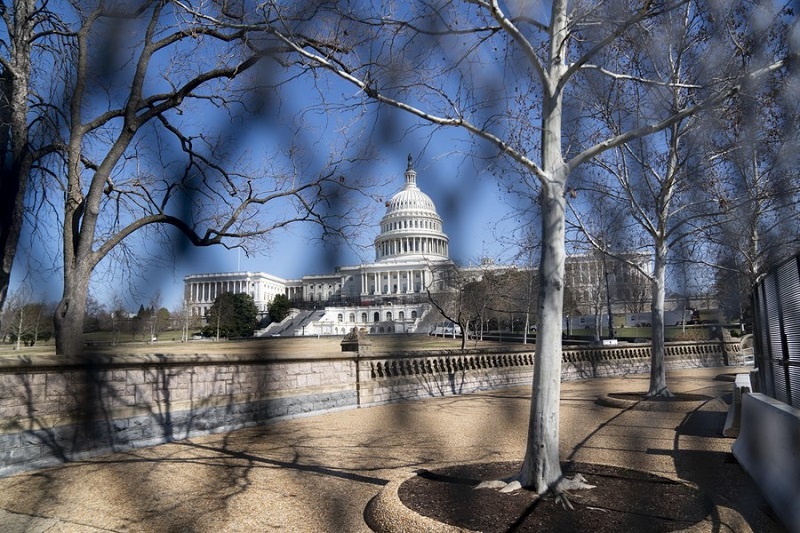
Even so, few people believed that war was imminent as January 2022 slipped into February. The United States released intelligence information saying that Russia was about to invade Ukraine. But previously, U.S. intelligence had erroneously insisted that there were weapons of mass destruction in Iraq. War had then ensued, and many died. Intelligence could be wrong.
Only history will tell whether it was the U.S. intelligence that goaded the Russian leadership into actions that it had never intended. However, George Kennan, former U.S. ambassador to the Soviet Union, predicted in 1998 that the eastward expansion of NATO would trigger a second Cold War. For the people of Ukraine, the cold war has already turned hot.
Kennan’s prediction was based on the neorealist theory of international relations. Social science theories are generally weak at making predictions; there is nothing comparable with the ability of engineers to land a spacecraft on a comet travelling at 135,000 kilometres/hour. Neorealist theory, though, is different. It is not only a theory of what happens but also a theory of what ought to happen. It is what national leaders, and their international relations advisers, are taught to do. More often than not, they do it.
Neorealism is premised on the notion that nation states are engaged in a continual competition for survival and that security is best assured by becoming the predominant power, the hegemon. The United States achieved this status with the ending of the Cold War and, as offensive neorealist theory predicted, it sought to use this unique period without opposition to reshape the international system for its own purposes. In so doing, the United States provoked a weaker power to risk war in the hope of ensuring survival that it believed to be under threat. All horribly predictable.
There must be a better way, and there is. It prioritises “peaceful development and the welfare of all humanity.” It speaks “to solidarity and cooperation with people around the world” and the need to “uphold international equity and justice.” It is “resolutely opposed to hegemony and power politics” and calls for “more inclusive global governance, more effective multilateral mechanisms, and more active regional cooperation.” It argues that “to build a community with a shared future for mankind is not to replace one system or civilization with another.” Instead, “it is about countries with different social systems, ideologies, histories, cultures and levels of development coming together for shared interests, shared rights and shared responsibilities in global affairs, and creating the greatest synergy for building a better world.”
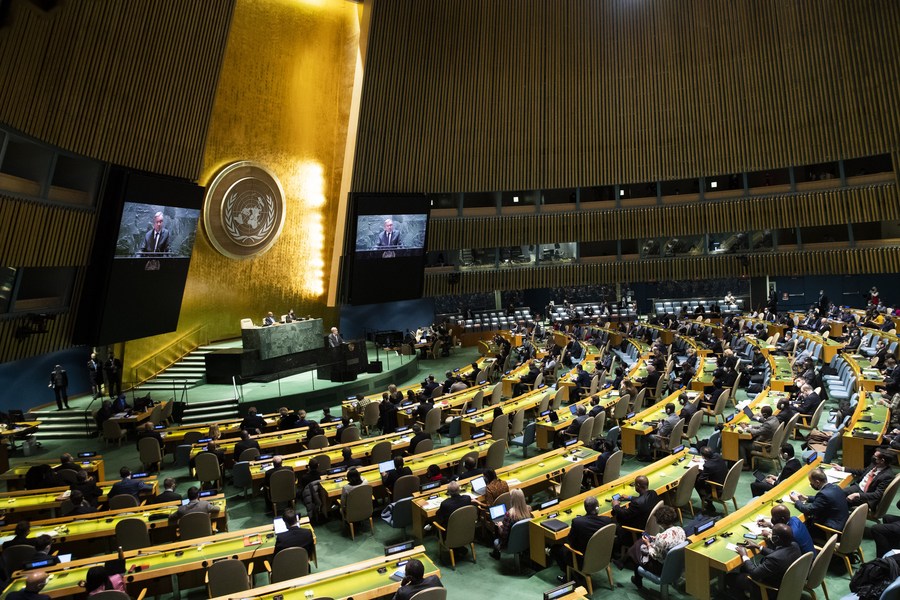
This alternative way – the Chinese way – is familiar to anyone who has read President Xi Jinping’s speech to the 26th Session of the General Assembly of the United Nations on October 25, 2021. However, this alternative approach must be incomprehensible to those schooled in neorealist thought who, presuming that China will side with Russia against the hegemonic United States, threaten China with “consequences” if it does.
China’s policy on Ukraine has been consistent throughout. It has stressed the importance of the sovereignty and territorial integrity of all countries; the need to abide by the purposes and principles of the UN Charter; the concept of a common, comprehensive, cooperative, and sustainable security concept; the importance of restraint; the need for rapid dialogue between Russia and Ukraine; and the important role of the United Nations in facilitating a diplomatic solution.
China has not joined in imposing economic sanctions on Russia. Like war reparations, sanctions tend ultimately to hurt ordinary people more than leaders and to be counterproductive. This means that, with the UN Security Council stymied by the Russian veto, China is best placed to support mediation to end the ongoing tragedy.
Moreover, in living up to its international obligations, China has more extensive recent peacekeeping experience than other permanent members of the UN Security Council. China’s alternative to neorealism creates potential peacemakers not warmongers.
 Facebook
Facebook
 Twitter
Twitter
 Linkedin
Linkedin
 Google +
Google +






